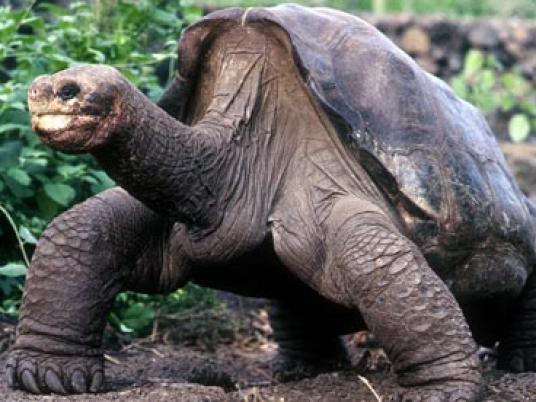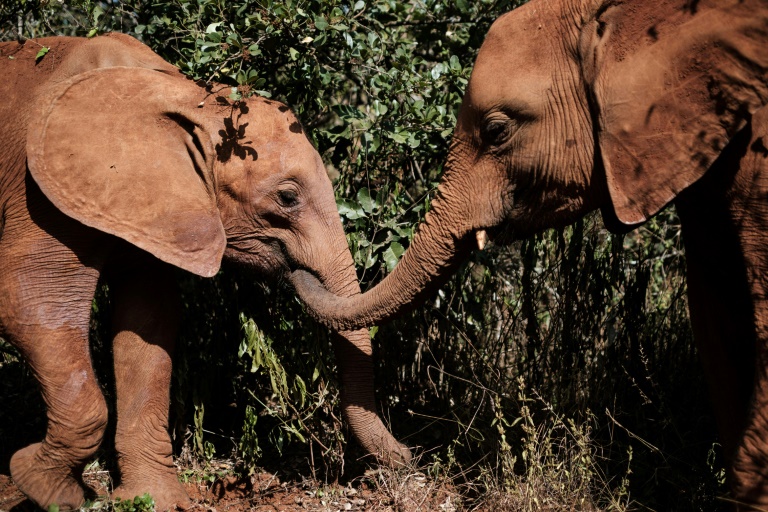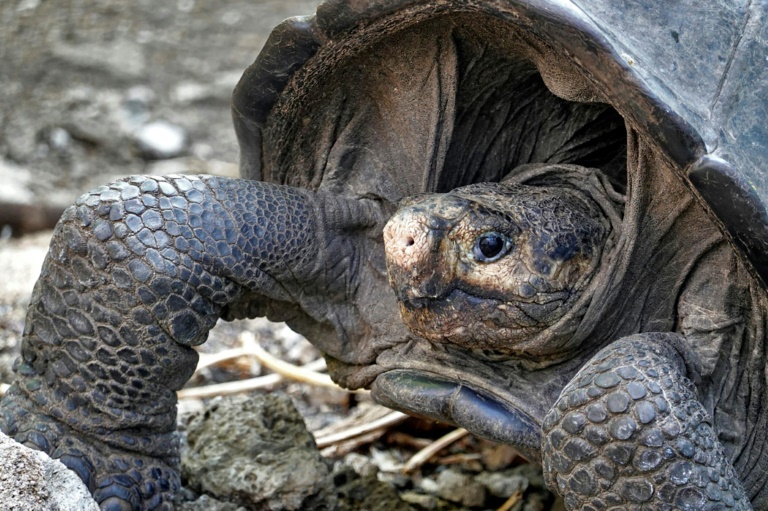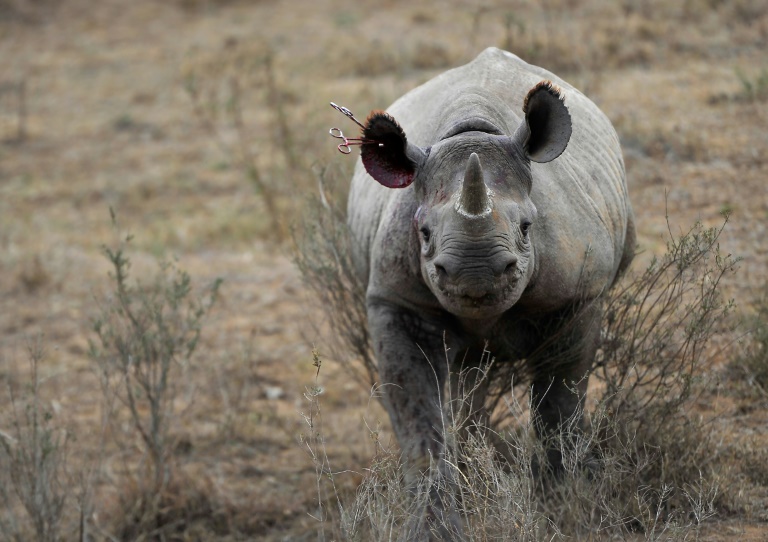
Lonesome George, the last remaining tortoise of his kind and a conservation icon, has died of unknown causes, Galapagos National Park authorities have said.
He was believed to be about 100 years old.
Lonesome George was found in 1972 and had become a symbol of Ecuador's Galapagos Islands, which attracted about 180,000 visitors last year.
"This morning the park ranger in charge of looking after the tortoises found Lonesome George. His body was motionless," the head of the Galapagos National Park, Edwin Naula, said on Sunday. "His life cycle came to an end."
George was the last member of a species of giant tortoise from La Pinta, one of the smallest islands in the Galapagos.
The Galapagos giant tortoises, which can live up to 200 years old, were among the species that helped Charles Darwin formulate his theory of evolution in the 19th century.
The Galapagos National Park is considering embalming George's body so that it can be displayed in the park, Naula said.
A spokesperson said the park plans to carry out tests to determine what may have killed the tortoise.
Scientists had been trying to get George to mate since 1993, when they introduced two female tortoises of a different subspecies into his pen. They laid eggs twice, but they were infertile.
The pen where George lived was visited by thousands of tourists every year who often had to scramble with each other to take pictures of one of the rarest creatures on Earth.
The islands often attract celebrities, including Angelina Jolie and Brad Pitt earlier this year.
Tortoises were hunted for their meat by sailors and fishermen to the point of extinction, while their habitat has been eaten away by goats introduced from the mainland.
Some 20,000 giant tortoises still live on the Galapagos.




